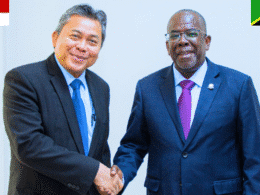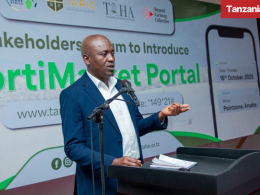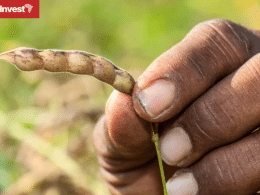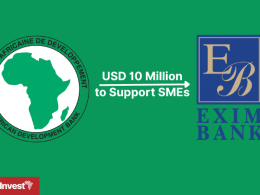The World Bank Board of Executive Directors has approved a new International Development Association (IDA) financing for Tanzania that will strengthen the national land administration system.
The project is expected to increase tenure security for at least two million landholders, users, and their families.
The USD 150 million Land Tenure Improvement Project (LTIP) which will be implemented by the Ministry of Lands, Housing and Human Settlements Development targets 14 regions, covering approximately 40 districts and supports the issuance of one million Certificates of Right of Occupancy (CROs), 500,000 Certificates of Customary Right of Occupancy (CCROs), and one million Residential License (RLs).
“Tanzania is experiencing rapid urbanization with strong implications for land administration. Land disputes are increasingly becoming a common feature in both rural and urban areas,” said Mara Warwick, World Bank Country Director for Tanzania.
LTIP will benefit individual and communal landholders and users in the targeted regions, and public land sector professionals who will gain the skills needed to support land administration.
In the long term, beneficiaries will also include the public and the private sector who can use the data gathered for improved planning and investment.
The government will benefit from increased tax revenues and other forms of land-related revenue generation to fund the land administration system.
LTIP will contribute to predictable policies and transparent processes and procedures, which are key for successful private sector investment, such as the systematic registration of land rights and basic land administration system infrastructure.
Specific activities financed under LTIP include those which increase tenure security as well as also those supporting land information management such as the upscaling of the Integrated Land Management Information System (ILMIS) and property valuation systems. LTIP will also finance the physical development of land offices and infrastructure, as well as support land and housing tribunals.
“Securing land rights and improving land management systems will enable opportunities for agricultural investment and will increase household resilience to climate change and other potential crises. This is crucial for Tanzania’s economic development and poverty reduction,” Warwick concluded.
“The focus on capacity building and institutional strengthening for the land sector is consistent with global lessons that show that if the land administration system is not affordable, accessible, and agile, people will not use these services and the transactions will be done informally, quickly making the property data out of date,” said Victoria Stanley, World Bank Senior Land Administration Specialist and Co-Task Team Leader for LTIP.
Land Property in Tanzania and Gender Gap
Most Tanzanians lack formal documentation of their land and property.
In addition, recent World Bank analysis has identified gender constraints in agriculture include weaker access to land by women, as men are more than three times as likely as women to claim to be the sole owners of land or property assets.
To contribute to closing the gender gap on women’s land rights, LTIP will promote gender equity in the mass certification activities by ensuring that women can register land either individually or jointly with their husbands with the full range of rights.
The Project will measure progress on women’s access and rights to land by, among other things, monitoring how many CROs, CCROs, and RLs are issued and registered in which name (husband; wife; jointly; communal).
Data on the level of increased tenure security will be gender-disaggregated. Finally, data collected on land conflicts will also be collected so that it can also be gender-disaggregated.
The International Development Association
The World Bank’s International Development Association (IDA), established in 1960, helps the world’s poorest countries by providing grants and low to zero-interest loans for projects and programs that boost economic growth, reduce poverty, and improve poor people’s lives.
IDA is one of the largest sources of assistance for the world’s 74 poorest countries, 39 of which are in Africa.
Since 1960, IDA has provided USD 458 billion to 114 countries. Annual commitments have averaged about USD 29 billion over the last three years (FY19-FY21), with about 70% going to Africa.
IDA’s active portfolio in Tanzania includes 17 national projects with total net commitments of USD 3.86 billion.
Key sectors supported include transport (23%), urban development (7%), education (20%), energy (17%), water (13%), social protection (10%), health/nutrition (5%), environment/natural resources (4%) and governance and poverty projects make up 2% of the portfolio.











